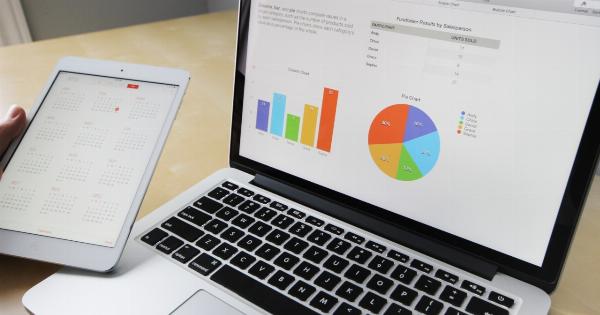In a shocking revelation, a recent study has uncovered that a staggering one-third of Americans are exhibiting zombie-like symptoms.
These symptoms, which range from sleep deprivation to mindless scrolling on phones, paint a worrying picture of the state of society today.
Rise of the Sleep-deprived
One of the most prevalent zombie-like symptoms identified in the study is sleep deprivation. With our fast-paced, 24/7 society, it’s no wonder that many Americans are not getting the recommended amount of sleep.
Late-night work schedules, excessive screen time, and the constant pressure to stay connected have all taken a toll on our sleep patterns. The study found that a significant portion of individuals reported feeling constantly tired, irritable, and disconnected from reality.
The Role of Technology
Technology, which was meant to make our lives easier and more efficient, has ironically contributed to the rise of zombie-like symptoms. The study revealed that excessive screen time, especially late at night, is a major factor in sleep disruption.
The blue light emitted by electronic devices suppresses the production of melatonin, a hormone that helps regulate sleep. As a result, many Americans find themselves struggling to fall asleep at night and waking up feeling groggy in the morning.
Moreover, the constant use of smartphones has led to behaviors reminiscent of zombies. Social media addiction, mindless scrolling, and being constantly glued to our screens have become the new norm.
The study discovered that a significant proportion of individuals reported feeling disconnected from the real world, as they live their lives vicariously through the curated versions of reality presented on social media platforms.
Stress and Mental Health
Another alarming finding of the study relates to the prevalence of stress and mental health issues among the zombie-like population.
The pressures of modern life, such as demanding jobs, financial strain, and societal expectations, have taken a toll on many individuals’ mental well-being. This, coupled with the lack of sleep and constant exposure to technology, has created a breeding ground for anxiety, depression, and feelings of emptiness.
The study indicated that a significant number of individuals admitted to feeling overwhelmed and mentally exhausted. They described their daily existence as a monotonous routine, lacking any real purpose or joy.
These feelings can exacerbate the zombie-like symptoms, perpetuating a vicious cycle of sleep deprivation, technology dependence, and mental distress.
The Need for Change
The findings of this study highlight the urgent need for change in our society. As a third of Americans continue to suffer from zombie-like symptoms, it is clear that a lifestyle overhaul is essential to reverse this troubling trend.
One key aspect that individuals should focus on is establishing healthy sleep habits. Creating a calming bedtime routine, limiting screen time before bed, and ensuring a comfortable sleep environment can greatly improve sleep quality.
Additionally, prioritizing self-care activities and setting boundaries with work and technology can help reduce stress levels and enhance overall well-being.
Furthermore, society as a whole needs to address the toxic influence of technology.
Stricter regulations on screen time for children, promoting digital well-being initiatives in schools and workplaces, and encouraging mindful technology usage can mitigate the negative effects of excessive screen time.
Finally, combating the mental health crisis requires a comprehensive approach.
Investing in mental health resources, increasing awareness and understanding, and reducing the stigma surrounding mental health issues are crucial steps towards supporting those affected by zombie-like symptoms.
Conclusion
The stark reality revealed by this study cannot be ignored. With a third of Americans suffering from zombie-like symptoms, it is evident that our society is grappling with sleep deprivation, technology addiction, and increased mental health struggles.
However, by prioritizing our sleep, reevaluating our relationship with technology, and addressing mental health concerns, we can overcome these zombie-like symptoms and strive for a healthier, more vibrant future.






























